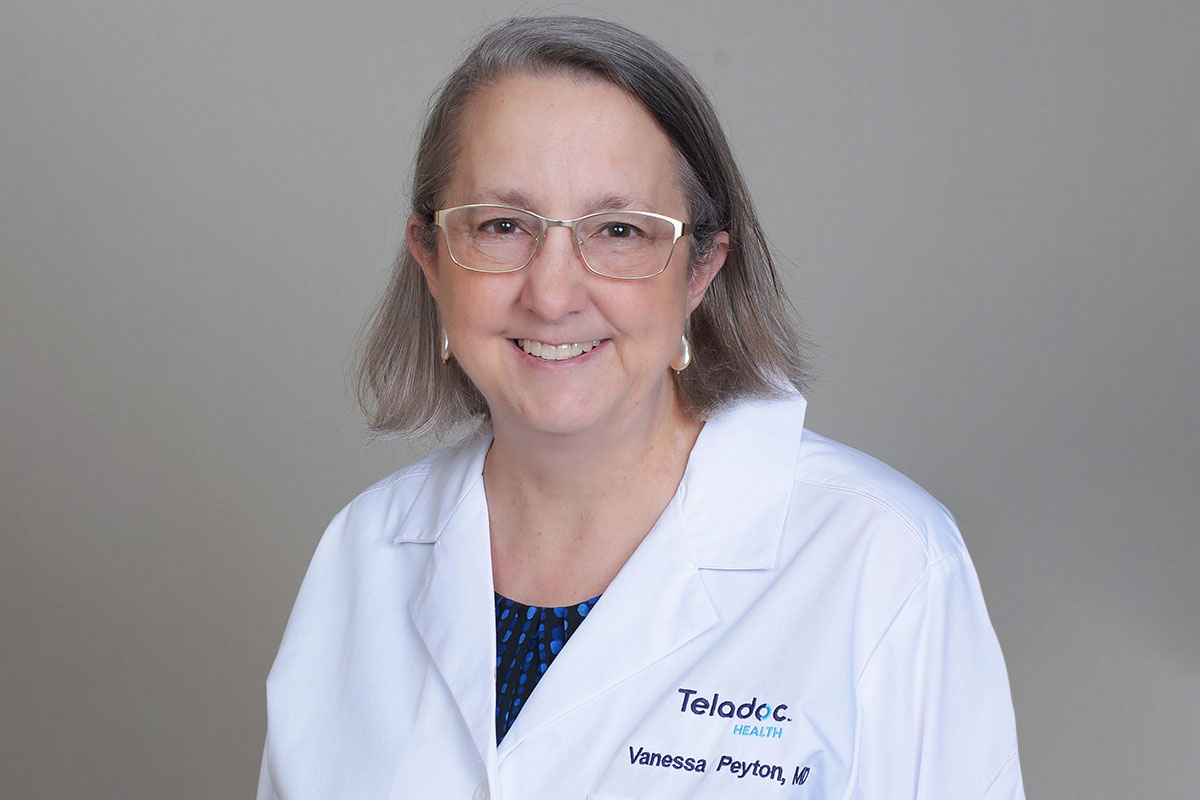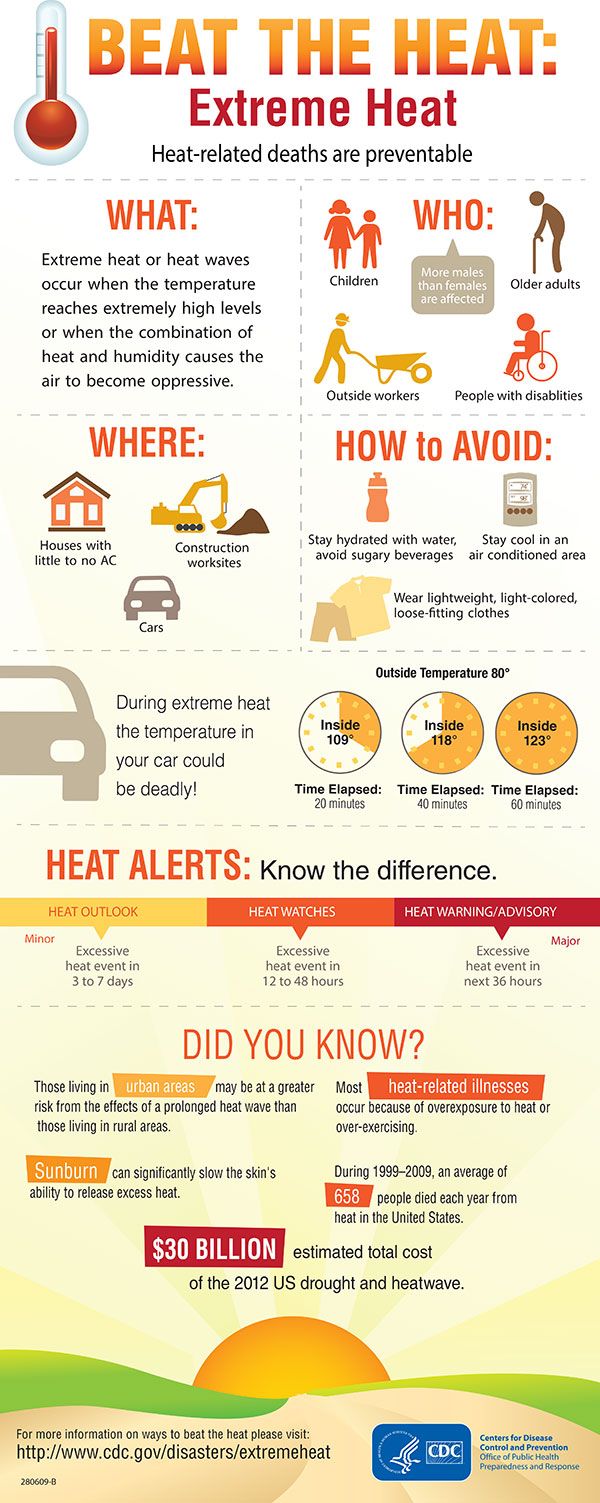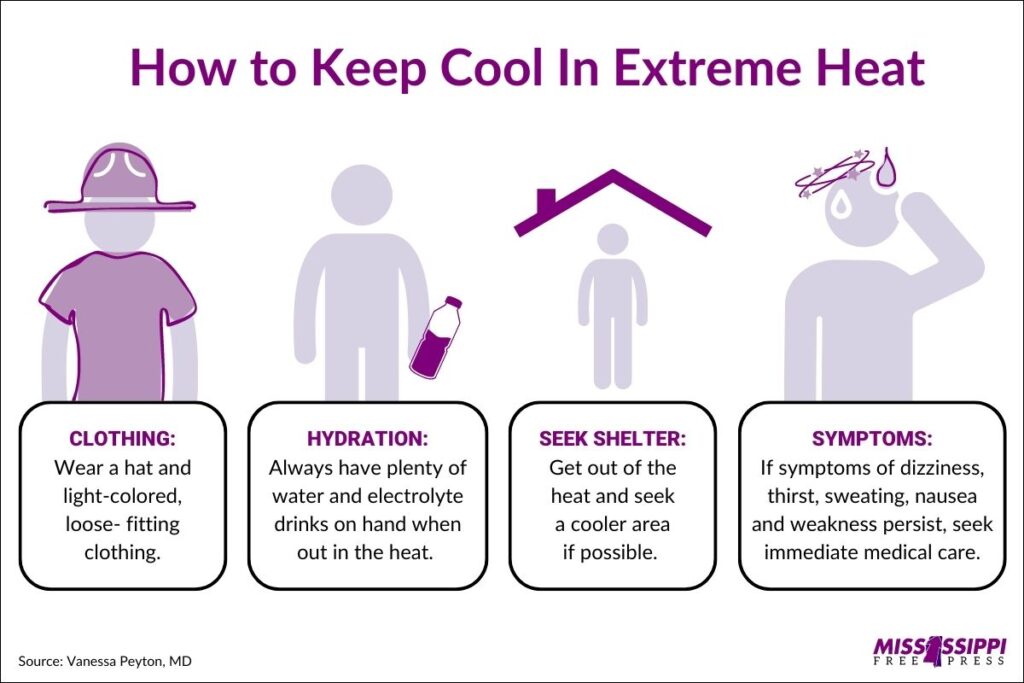July 2023 is set to have been the hottest month ever recorded on Earth, officials at the United Nations Meteorological Organization say. July’s record-breaking heat comes on the heels of what scientists say was the hottest June since record keeping began some 174 years ago.
“We don’t have to wait for the end of the month to know this. Short of a mini-Ice Age over the next days, July 2023 will shatter records across the board,” U.N. Secretary-general António Guterres said in New York on Thursday, July 27. The last day of July 2023 is here, and that mini-ice age has not come.
These periods of extreme heat are just one indicator of climate change that will increase in severity and frequency. Mississippi is no exception.
Recognizing Dangers, Warning Signs
On the last day of July, the Mississippi State Emergency Management Agency issued another dangerous heat warning, saying heat indices could reach as high as 115 F in parts of the state. The agency urged residents to drink plenty of water, wear light-colored clothes and take frequent breaks if working outside.
The Mississippi Free Press spoke with Dr. Vanessa Peyton, a board certified family physician with approximately 25 years of experience who currently works as a primary care provider with Teladoc Health.
She explained the symptoms of heat related illness and offered solutions that can help people stay cool.
“Prolonged heat exposure can lead to dehydration, it can actually cause your body temperature to elevate, which can cause a lot of physical symptoms, cardiac symptoms, (and) confusion,” Peyton said.

She warned that when people “get to the confused state” they “are less likely to actually seek medical care, and more likely to stay in that hot environment as well.”
“So trying to address and prevent it is really the most important thing,” the physician continued. “So we don’t want to wait until someone’s really ill and then hope that we’re able to help them recover. You want to really try to prevent heat related illnesses.”
Dr. Peyton explained the differences between common heat related illnesses.
“There are definitely different levels of heat related illness,” She said. “… The first level is more heat exhaustion, where you can feel faint or dizzy, can actually at the time, have excessive sweating, might even look cool or pale to people. It can cause some nausea, and feel like your muscles are starting to cramp up,” Dr. Peyton explained.
“And then much more extreme is heat stroke, where you’ll have a headache, you’ll stop sweating, which definitely adds to rise in the body temperature. … Your body temperature can go up above 103 F on very hot days. That is a concern for the brain as well. You’ll have nausea, vomiting, rapid racing heart rate, and might even lose consciousness.”
Staying Safe In Heat
Dr. Peyton offered tips people can use to stay safe in a time of increasingly extreme heat.

“One is getting them out of the sun and into shade or indoors, to help reduce body temperature, encouraging them to drink a lot more fluid to hydrate better, that can also help cool down the body and help with the heat related illness as well. … If you have a fan, you could put a fan on, put cool packs or cool wet towels on somebody’s neck or back, that can help cool the body down as well,” she said.
The doctor also suggested “making choices before you even start your day” to help stay cooler in extreme temperatures.
“Pick clothes that will help to keep you cool and cover up your skin, wearing a hat, making sure you have plenty of access to fluid, whether it’s water or electrolyte drinks. Try to spend time in the shade,” she said. “If you’re outdoors during the day working, if you do have an opportunity to go inside for a little bit, that would also be of benefit as well.”
If patients don’t have immediate access to health care providers, they may benefit from considering virtual care, Peyton added.
“I do understand that there are quite a few health care deserts, particularly with regard to primary care (In Mississippi),” she said. “And the one advantage of virtual care is it does give people the opportunity to either schedule a video call or even an audio visit where they can see any provider that’s skilled and knowledgeable, who they can develop a relationship with and get to know them and be able to address these types of problems wherever they might live or reside.”










